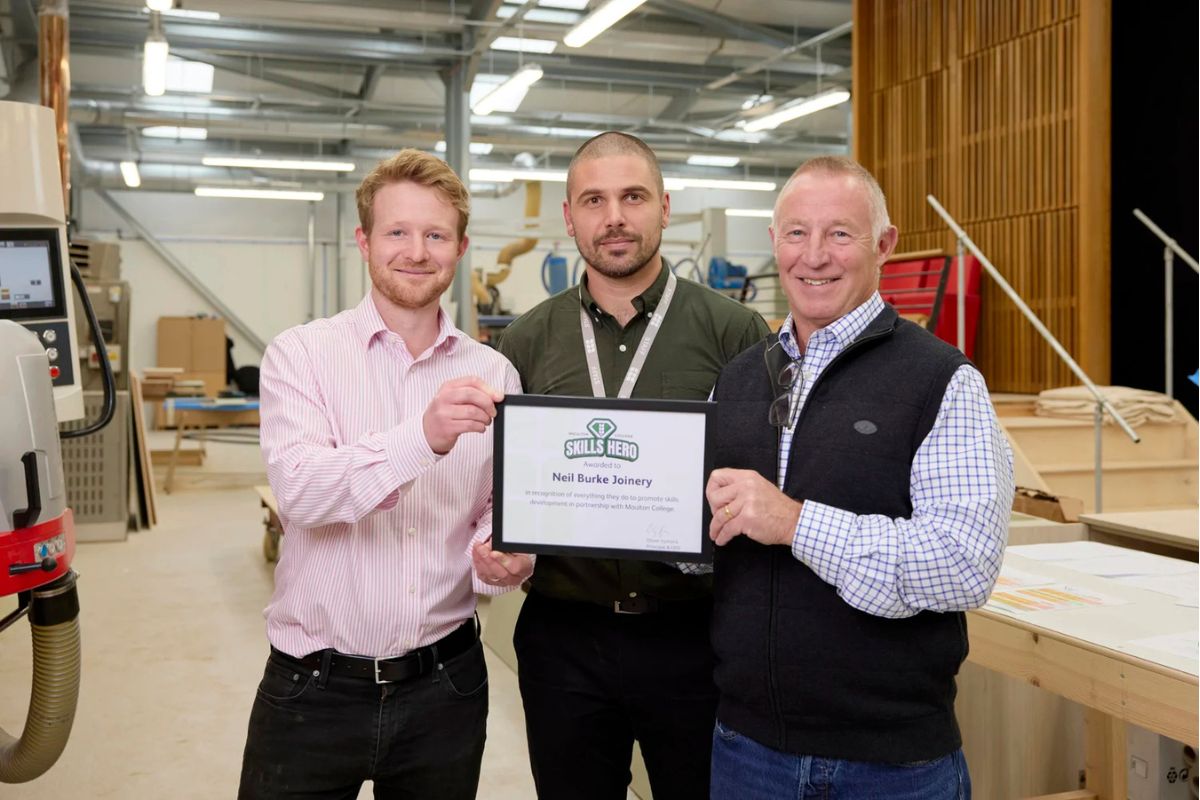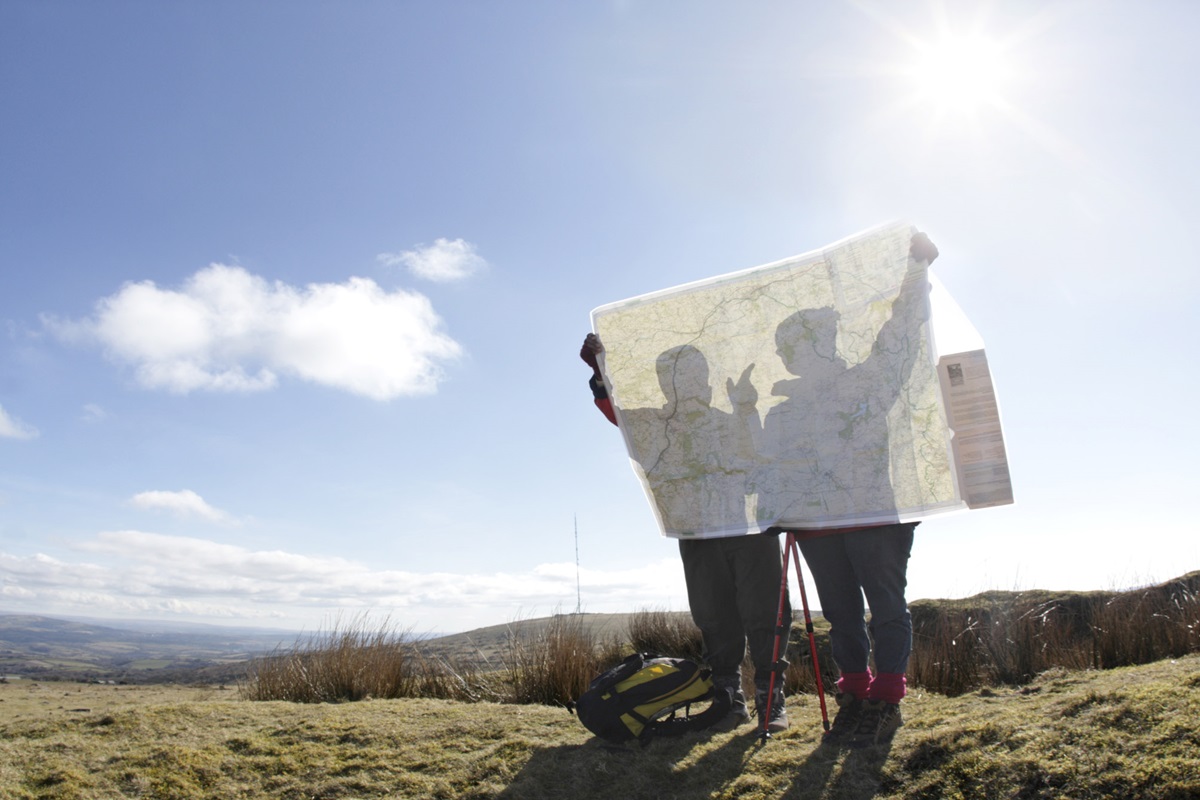Empowering teachers and trainers in FE: Ready for action in 2022?

If you’re looking for a form of professional development that enables and empowers teachers and trainers in FE to take control of their practice for the direct benefit of their learners, action research is hard to beat. Action research not only helps practitioners to make improvements to their own practice, but it also helps engagement with learners, encouraging them to succeed and improving their outcomes.
In our sector, where – compared to schools – it is acknowledged that there is little published research about effective practice, it is also a necessity. Sitting around waiting for more research to be funded and published achieves nothing; practitioners capturing and sharing their own evidence of the improvements they and their learners have made achieves a great deal.
By becoming research active and research literate, practitioners have the opportunity to engage with existing evidence and real problems in real time, and – crucially – generate further understanding of how to effectively teach and learn in the diverse, challenging, and life-changing sector that FE undoubtedly is.
At the Education and Training Foundation (ETF) we have been working with sector partners for many years now to facilitate and coordinate action research under the umbrella of our Outstanding Teaching, Learning and Assessment (OTLA) programme. Funded by the Department for Education, OTLA runs on a nationwide basis and, although it is now in its eighth year, what it achieves still seems remarkable to me.
When I attend OTLA events and read the project reports, I am struck by the way that the programme brings together practitioners from across providers to collaborate on small-scale research that can address very specific areas of teaching and learning. I only wish that such a programme had existed when I was teaching in FE.
If you’re unfamiliar with the OTLA programme, or even action research more generally, I recommend taking a look at the anthology of the reports of the projects carried out in 2020–2021.
Its hundreds of pages are full of inspiring examples of the difference that action research is making – from the work at Basingstoke College of Technology which has had a significant influence on learners’ use of technology in maths classes, to the project at City of Wolverhampton College that has boosted learners’ progress by changing the way creative writing has been taught, and the work at Cambridge Regional College that made learners who’d previously been reluctant to attend their mandated English classes look forward to them by exploring the horror genre.
In adult community learning, you can read about the setting up of a brand new course at Sheffield Lifelong Learning that has helped learners bridge gaps in their grammar confidence and knowledge and allowed them to progress onto Level 1 and Level 2 courses; the work by Coventry Adult Education Service that has expanded the digital skills of a diverse range of council staff, and Manchester Adult Education Service’s exploration of the extent to which their Learning Community app could support low level English learners to develop their Essential Digital Skills.
And in offender learning, a Novus-led project at HMP Liverpool that turned the potentially very difficult situation of in-cell learning during the Covid pandemic into an opportunity for the men at the prison to take ownership of their learning, and work by a team from Weston College at HMP Maidstone that improved their English for Speakers of Other Languages initial assessment practices.
As Claire Collins and Dr Vicky Butterby of CC Consultancy, who led the most recent OTLA project on behalf of the ETF, explained in their introduction to the anthology, the work has demonstrated that action research can achieve a myriad of things.
It can refresh and revive practitioners, because it is active and dynamic, it starts where participants feel it needs to help get them unstuck, and it is a positive endeavour. It genuinely helps us overcome obstacles, a fact demonstrated this year not just by what the projects themselves have achieved, but the fact that so many did so with the added challenge of the Covid lockdown to contend with.
It makes us open because it challenges our own assumptions about our teaching, making us question ourselves. It helps the sector that we dedicate ourselves to gain momentum, because the sharing of our research findings and engagement with others’ work create a substantive body of findings that illuminates our practice and creates a better understanding of what works in post-16 learning.
It improves relationships with both colleagues and other learners because dialogue and collaboration are at its heart, and listening to, valuing, and acting on others’ opinions and perspectives, underpin action research. It inspires genuine improvements to learners’ outcomes and experiences, from hard-to-measure indicators such as engagement, to signs such as results and progression to higher levels of study or employment. And it speaks to the values that are inherent in what we do.
Over the course of the programme, practitioners continually reiterated the importance of developing learner-centred approaches, focusing on individuals and creating environments that fostered high expectations and positive self-regard.
If you’d like to find out more about how action research works, what it involves, and what those leading it need to think about, a practical guide for post-16 practitioners is available.
And if you’re feeling inspired and might like to be part of an OTLA project in 2022–23, you can express an interest now.
Action research is helping to create a brighter future for the sector; its learners and those who teach and lead in it. If you’re not already involved, I encourage you to make 2022 the year that changes.
Dr Catherine Manning, National Head of Mentoring and Practitioner Research, Education and Training Foundation











Responses